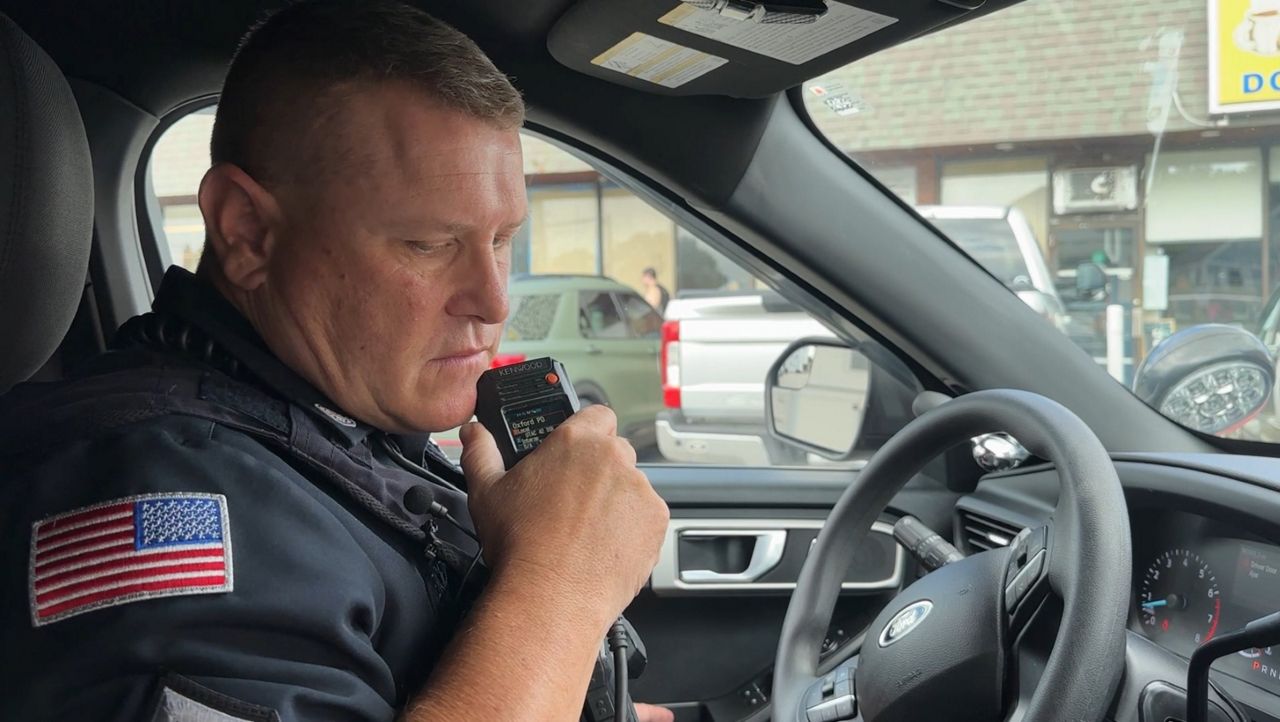Worcester, MASS-- From Berlin to Stockholm and Oslo, a group from Massachusetts is back in the states after a 10-day trip to Europe aimed at improving reentry outcomes for incarcerated individuals.
“Reentry starts the moment you enter our system,” Legendary Legacies exectuive director Ron Waddell said. “I don’t believe we look at it that way in America.”
State leaders and lawmakers, along with Ron Waddell from Legendary Legacies and Dave McMahon from Dismas House toured prisons and reentry systems in Germany, Sweden and Norway.
“It was more of an exchange where we learned some of the things they were doing that may have application to our system in Massachusetts,” McMahon said.
In the greater Worcester area, Legendary Legacies offers community violence intervention and reentry support, while Dismas House connects formerly incarcerated individuals with housing, work, and services.
“On average in our prisons, we spend about $135,000 a year of taxpayer dollars and if we’re not helping rehabilitate the individual, this is a terrible investment,” Waddell said.
When comparing incarceration in the United States to Europe, McMahon said the biggest difference is there is no further punishment beyond stripping away someone’s freedom.
“My son’s college door room was not as nice as the prison cell we saw,” McMahon said. “It’s just a philosophy of normalization.”
In addition, Waddell said European systems offer incarceration with rehabilitation and better prepare individuals to re-enter the community as productive citizens.
“Inside the maximum-security prison that we went to I remember walking down one of the halls of the cells and there was a man cutting up vegetables and I was like, so you give them knives? And she was like well again, the penalty and punishment were we took away your freedom so as much normality as we can offer, we do that,” Waddell said.
However, McMahon does note a few similarities between to the two systems.
“We have some innovation in our system. We have the Concord farm prison where inmates run a restaurant that’s open to the public,” McMahon said. “We have some incredible work being done in reentry and raising the juvenile age, so people are able to get out who were sentenced as kids.”
Both still agree there’s a lot to learn from their European partners and Massachusetts can do a better job at giving individuals the best chance to start over.
“This idea of really centering the humanity of the person. Really giving them dignity,” Waddell said.
McMahon said Worcester will soon host a group from Sweden so they can learn more about the state's prisons and reentry programs.










